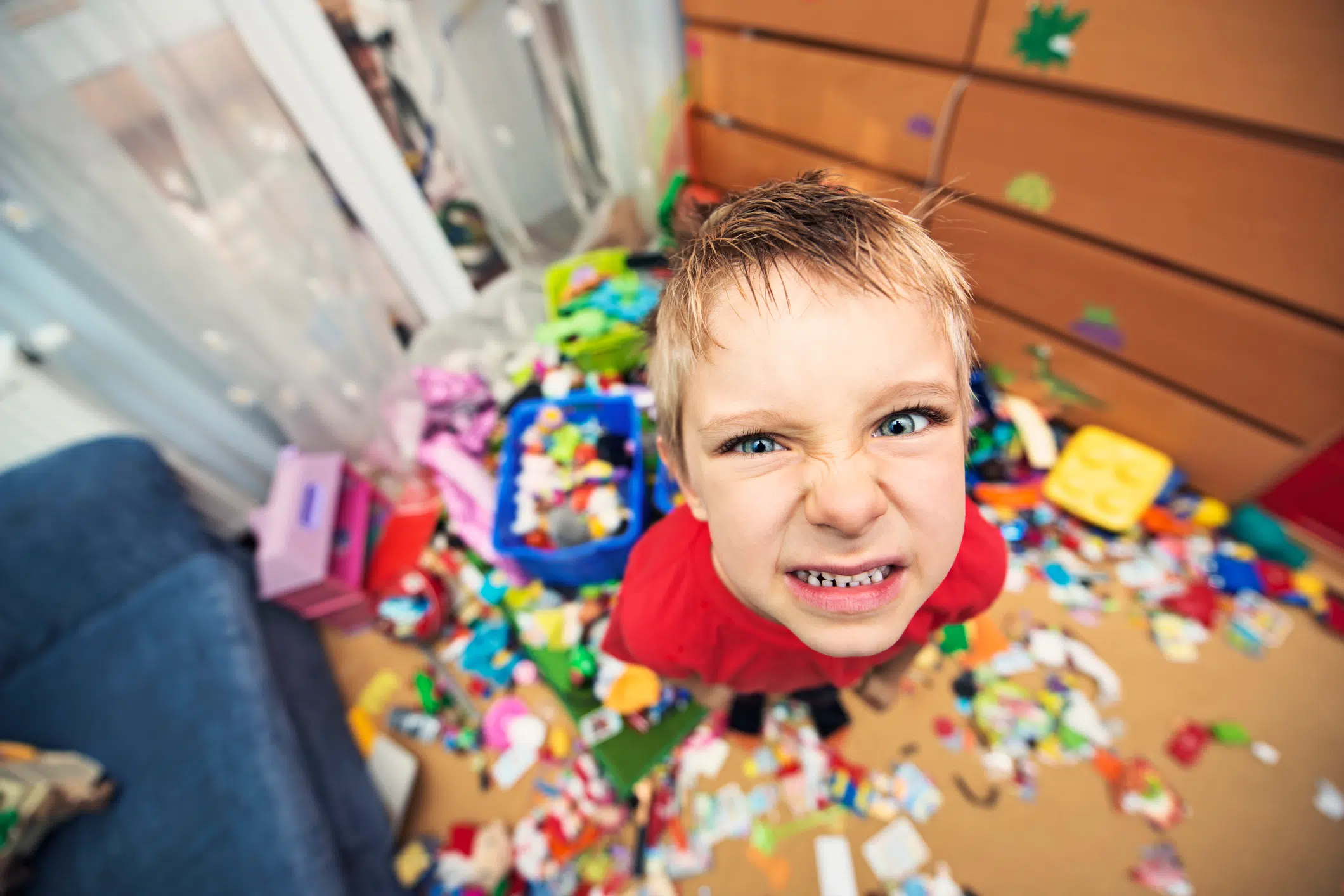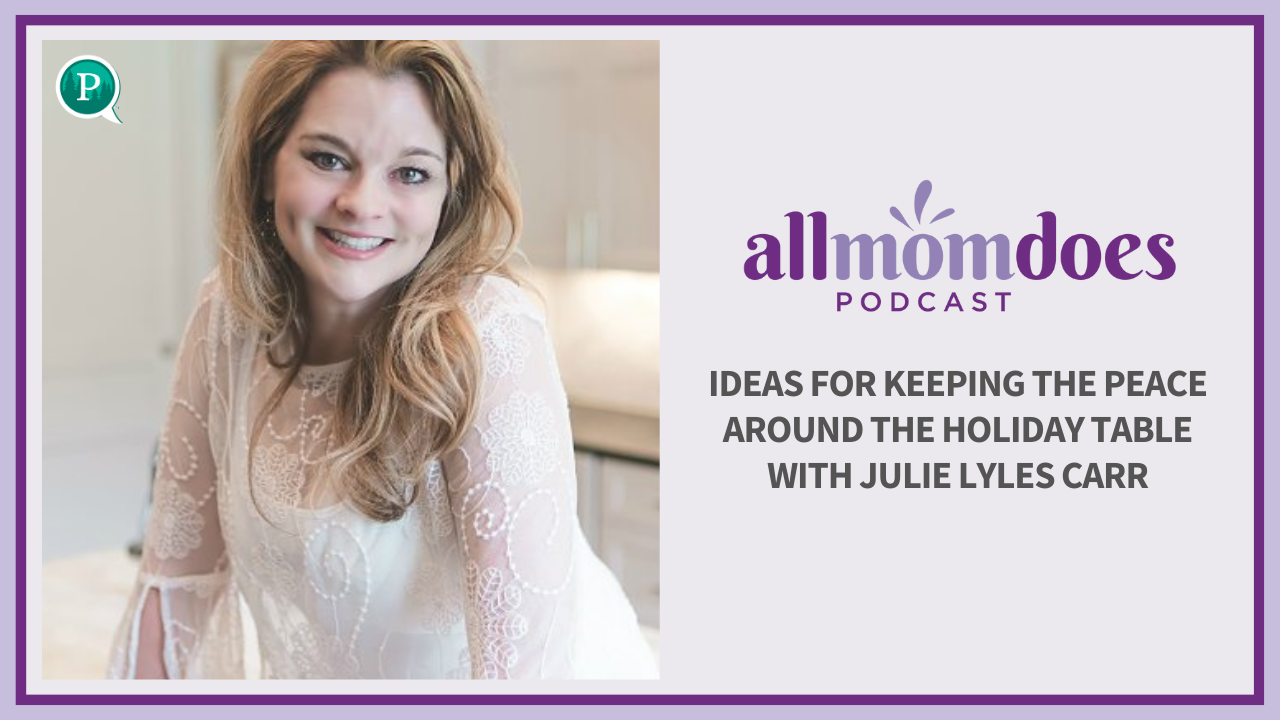There’s this new lesson God has been teaching me lately.
I can’t say I’m all that fond of it.
In the last few months, God has been making me increasingly aware of how much my oldest son is just like me. Like, really. Just like me.
He’s articulate, a chatterbox. He started talking at ten months and hasn’t stopped. He can spend a forty-minute car ride telling me story after story, without pausing for a breath. He’s social but yet enjoys a break from busy, he’s emotional and animated. He’s a people pleaser and wants to be loved by everyone.
And he is incredibly sensitive to the words and judgements of others.
And about six months ago, I looked at him and it was like looking in a mirror. So much of my temperament, so much of my personality, wrapped up in a little boy who needs ME to teach him.
And with this realization came an awareness. With knowing how my heart responds to the words people use about me, I became increasingly aware of how my words would affect him.
There were many times that I wasn’t even aware that the words I used to describe my kids could have any sort of effect on them. It’s become so commonplace to use words like ‘brat’ or ‘naughty’ that they seem to roll off the tongue, whether said directly to our child or about them. And in the midst of a tantrum, a battle of wills, or an unending season of struggle, we might start to believe these things are true of our kids.
But what happens when our kids hear us say them? Or when we start to treat them as if we believe them?
I can remember being an elementary-aged child and being teased in school. The words used behind my back and to my face to describe me sank deep into my heart and I began to believe them about myself. Even now, as a woman in my mid-twenties, I still find myself struggling in this way. If I, with life experience and an identity rooted in Christ, can be torn down by the words of others, what about my little boys?
With this new-found understanding, I’ve been trying to be much more mindful of my words. But along with words, I have taken notice of my tone, my voice, and the place of my heart. Our kids are smart, and they know our body language and tone of voice. If we are believing and acting as if we believe our kids are bad, they will know it and could begin to believe it too.
It’s hard, because it is so easy to be frustrated and allow careless words and attitudes run off of you and all over the ones around you. It is so easy to call a friend and vent about your kids latest behavior, or take it to social media and invite everyone into the struggle. (Clarification: I am not in any way discouraging reaching out for help if you need it. I’m speaking directly about the way in which you approach or regard your kids.) But I truly believe that what we say and think about our kids can easily become what we believe about our kids. And what we believe about our kids can too easily become what they believe about themselves.
I don’t want the beliefs that my kids have about themselves to be formed from their mommas frustrated moments. I’m so imperfect at this, and I know I will likely continue to struggle as my kids grow older and the struggles change. But by God’s grace, I will keep learning, and He will cover my kids and help them to know how deeply loved they are, even when I didn’t show it quite right.
I’m not learning to be perfect, but I’m learning to be mindful. I’m learning to be aware. And as I look into the face of my little boy whose heart looks so much like my own, I am spurred on to choose an attitude that will affirm in him what I know is true: that he is wonderful, beloved of God, and a true gift from above.
Blessings to you, mommas. May you be blessed as you love your kiddos and learn along the way.

















